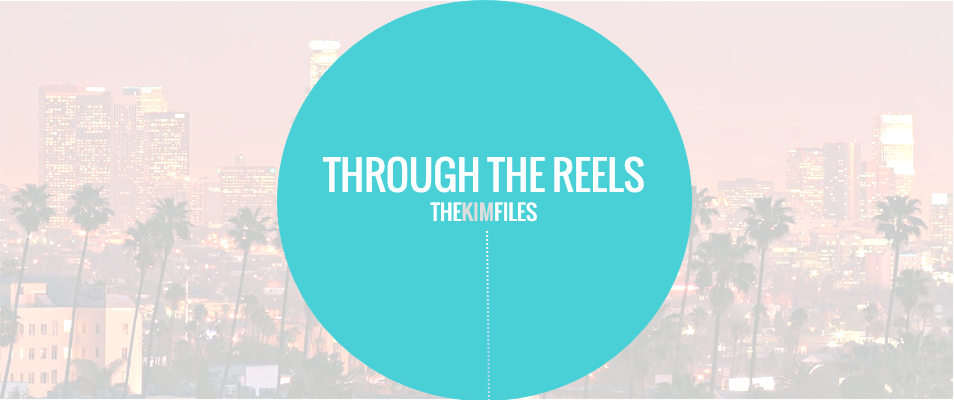 |
| © Warner Bros. |
Don't be mistaken. How to Be Single is not a riotous comedy. Despite all the advertisements suggesting otherwise, showcasing a drunken, delightful Rebel Wilson in a sequined party dress downing tequila shots, she is about as involved in the story as Mr. Chow is in The Hangover. That is to say, she's on the periphery—the single-woman Sensei, if you will—but the film is, in no way shape or form, about her. Instead, it's actually an occasionally dire and serious look at the various pitfalls of being a single (white) female in the big city, and a quick reminder to us all that spending your singledom wishing you had what you don't is a sure-fire way to screw up your life. It's a message that may have resonated had the film not been so mind-numbingly basic.
Alice (Dakota Johnson) met her perfect boyfriend Day One of college. It was easy and droll and, now, four years later at graduation, she's desperate to know what it's like to be on her own, as only someone who's never been alone could. Leaving heartbroken ex, Josh (Nicholas Braun), behind, Alice is off to New York City to find her independence and start a new career as a paralegal. There's just one problem: she has no clue how to not want a man in her life. When she meets free-loving party girl, Robin (Rebel Wilson), she begins an exploration of self that might involve plenty of drinks—and plenty of men, including womanizing bar owner, Tom (Anders Holm). Tom, meanwhile, meets Lucy (Alison Brie), a single woman desperate to find a husband by whatever means necessary, including creating a man-hunting algorithm. But could she be the one to revive his cold dead heart?
As Alice struggles with her new-found freedom and lingering regrets about leaving Josh, big sister Meg (Leslie Mann), a successful gynecologist, decides she doesn't need a man in her life at all—especially to have a baby. Naturally, though, she meets the much younger Ken (Jake Lacy), who pursues her despite every attempt she makes to shake his romance off. Each woman may go into their singlehood with different priorities, but they all discover that there's nothing more freeing than letting go of control... and loving yourself. Yes, it really is that hokey. And Robin doesn't show up enough to revive the promise of the comedy.
Thank god for that autumn networking event and that Santa Claus party and that St. Patrick's Day parade to establish a timeline, otherwise we'd have been at a loss as to when and how fast all of this was going down. In the world of How to Be Single, nothing ever happened to any of these people until we all came into their lives. They seem to have just been in a suspended animation or stasis before pushing "Play" on this plot line, because for characters so undeveloped and boring, a lot seems to happen to all of them all at once. Every single female begins this film "knowing" exactly who she is, and what she wants, but find it impossible to get, and refuse to change or take advice from anyone. It makes for an infuriating viewing experience.

Every relationship is a bit inexplicable, all of their anxieties springing up about apparently non-existent first-world problems, so it's immediately exhausting—if not impossible—to relate. Alice is perfectly at ease with people and then terrified to run into them during a crowded party the next, even though they've experienced no awkwardness in each others' presence whatsoever. It's contrived and annoying, and Rebel Wilson is the only one who seems to want to have any real fun around here, anyways. Naturally, though, she's more or less dismissed as useless for the majority of the film, but why she'd be friends with Alice makes even less sense in the grand scheme of things. Give Robin her own movie, she doesn't need these bumps on a log.
Leslie Mann's Meg has touching moments only between scenes of being a complete mess and occasional bitch, even to her baby sister. Why, you may ask? That's just how all workaholics are, I guess. I think I read that somewhere once. On the opposite end of the spectrum is Alison Brie's Lucy, who's so unsympathetically desperate for a husband that it actually makes me annoyed when she finds one. Dakota Johnson puts on her best "I don't know what's going on" face, but it works, since she's the one who goes through the biggest transformation, despite no one having much dimension at all. Johnson's breathy, clueless laugh is endearing but her eyes are still pretty lifeless—this will not be a role she's remembered for. Her performance in Fifty Shades of Grey had more depth.
It might sound like I hated this movie, but I didn't. In fact, I respect many parts of it, particularly the closing message of independence (which, by the way, made me cry)—but it takes so goddamn long to get there. Time is wasted either trying to be funny (the hangover cure montage, which... granted, was the most fun the film could muster) or developing characters that have no relevance to our heroine (*cough*Lucy*cough), and as a result, the film is less funny and only barely gets to the point. Everyone flat-lines for nine-tenths of the movie, only to suddenly transform and "get it," while we're all left muttering "It's about time." You'll walk away feeling the heavy weight of the message rather than the cathartic release of a good time.
Rating: ★★½ / 5 stars

No comments:
Post a Comment